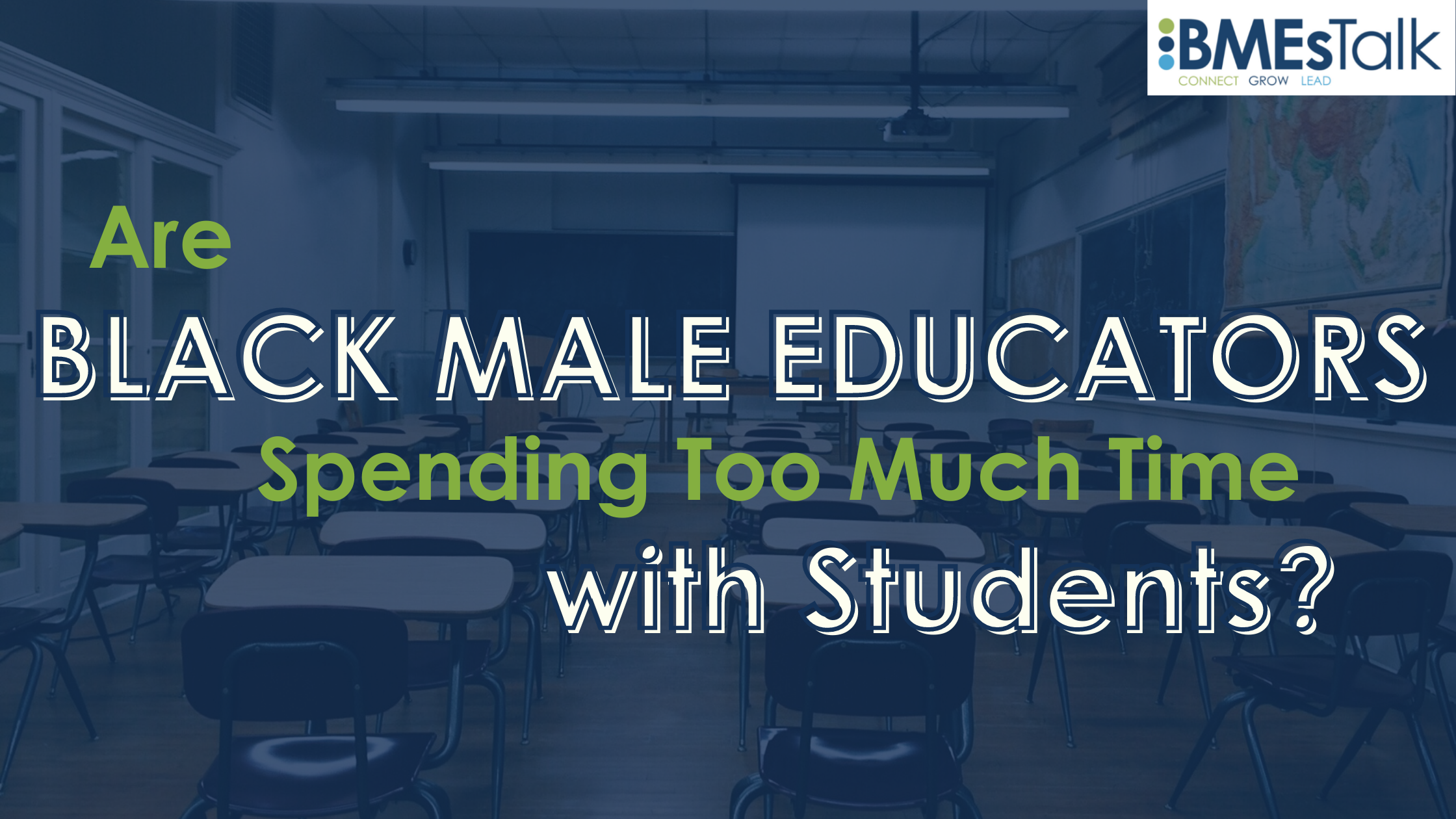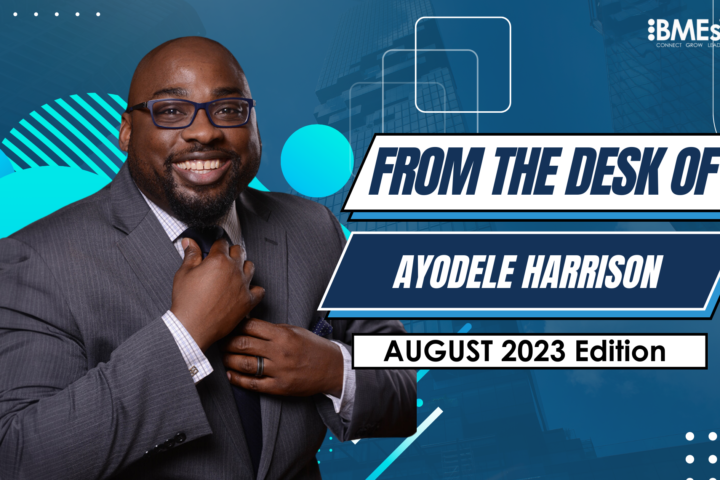According to a recent survey from DonorsChoose, Black male teachers spend more time mentoring and counseling students than teachers of any other demographic. This same trend emerged with tutoring students outside of class.
More students are socializing in Black male educators’ classrooms as well. These teachers report an average of 10 students spending time in the classroom outside class every week.
This is a positive sign, because research also indicates the Black male educators, based on their familiarity with the cultural needs of Black students, are more likely to create a space for positive academic achievement to occur.
Black Male Educators Spend More Time with Their Students
In the DonorsChoose survey, Black male educators’ responses stood out. They have an impact on their communities, unique responsibilities to balance, and a vital place in the educational experience of their students.
Black male educators spend more time mentoring and counseling students than teachers of other demographics. On average, Black male educators spend 5.4 hours of time outside of regular classroom time with students. By comparison, Latino, other male teachers of color, and white male teachers spend between 2.5 hours and 2.8 hours.
These teachers reported an average of 10 students spending time in the classroom outside of regular class. This is more than teachers of other demographics, and Black male graduates of Historically Black Colleges and Universities spend the most time with students at 11 hours and host an average of 18 students.
Whether this is because Black male educators commit themselves to supporting the whole student, or because the students feel more comfortable and natural spending time with these teachers of others, is unclear.
What is clear, however, is the Black male educators demonstrate a higher level of dedication and engagement with their students.
Why Hosting Students Matters
When students feel seen and understood by their teachers, engagement and learning can thrive. According to one study, the graduation rate among Black students increased by 33% if they had at least one Black teacher between third grade and fifth grade.
Clearly, the time spend has a positive impact on the students. Unfortunately, Black students comprise around 15% of the public school population. Black male educators make up only around 2% of the public school educators.
It’s possible that Black students – particularly boys – go through their entire public school education without ever connecting with a teacher who represents them. And if a Black student does have a Black male educator, that puts a disproportionate burden on the teacher to build a connection.
The higher level of engagement that Black male educators show with their students doesn’t appear to correlate with burnout or drive it, fortunately. Still, is there a downside?
What Do Black Male Educators Sacrifice?
Hosting students, providing a safe space for them to spend time outside of the classroom is an affirming feeling. It gives Black male educators a chance to build relationships and keep an ear to the ground to know what’s going on in their students’ lives.
But does that come at a personal cost? What do these teachers miss out on, in terms of personal growth and professional development, when they spend so much non-teaching time mentoring students or allowing them access to the classroom?
While students are in the classroom, the teacher no longer has available time for grading papers, making calls to parents, or handling other responsibilities. Their colleagues manage to get this done during school hours, freeing them to spend time with family, friends, or hobbies and interests after school.
Could Black male educators miss out on other things, such as time to practice self-care? Opportunities to build meaningful relationships with colleagues or gain exposure for future career opportunities?
And if so much time is spent building a valuable relationship with students, are Black male educators afraid to take on more responsibilities and have less time for that?
Are supervisors passing over Black male educators for leadership opportunities because they understand the impact and don’t want to ruin that?
Black male educators want to make sure kids have a safe, appropriate space to spend time and build bonds. Relationships come from just being available and close, which inevitably means pulling time from other responsibilities.
What’s the Solution?
Mentoring students is an incredibly valuable experience, but it comes at the cost to the Black male educator. The students need it, but we have to make sure that other teachers have the skillset, knowledge, and ability to share their stories and create spaces for these organic relationships to develop.
It’s not only Black male educators. Every teacher has the opportunity to make a change for their students. I talk about this and more in a recent episode of my podcast. Take a listen!


